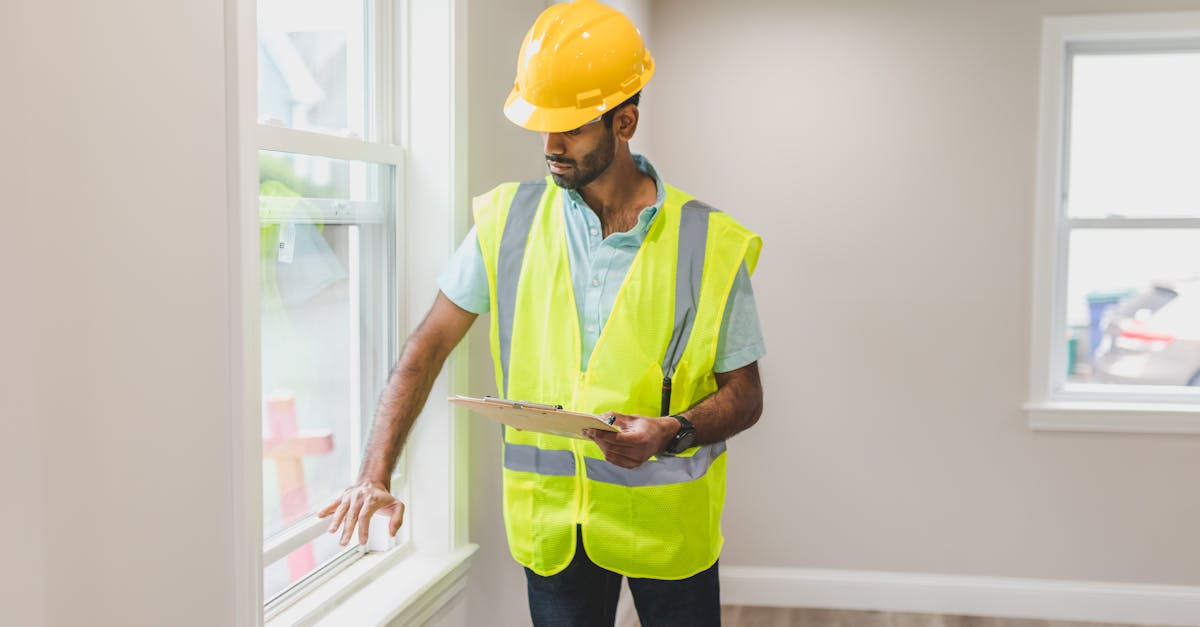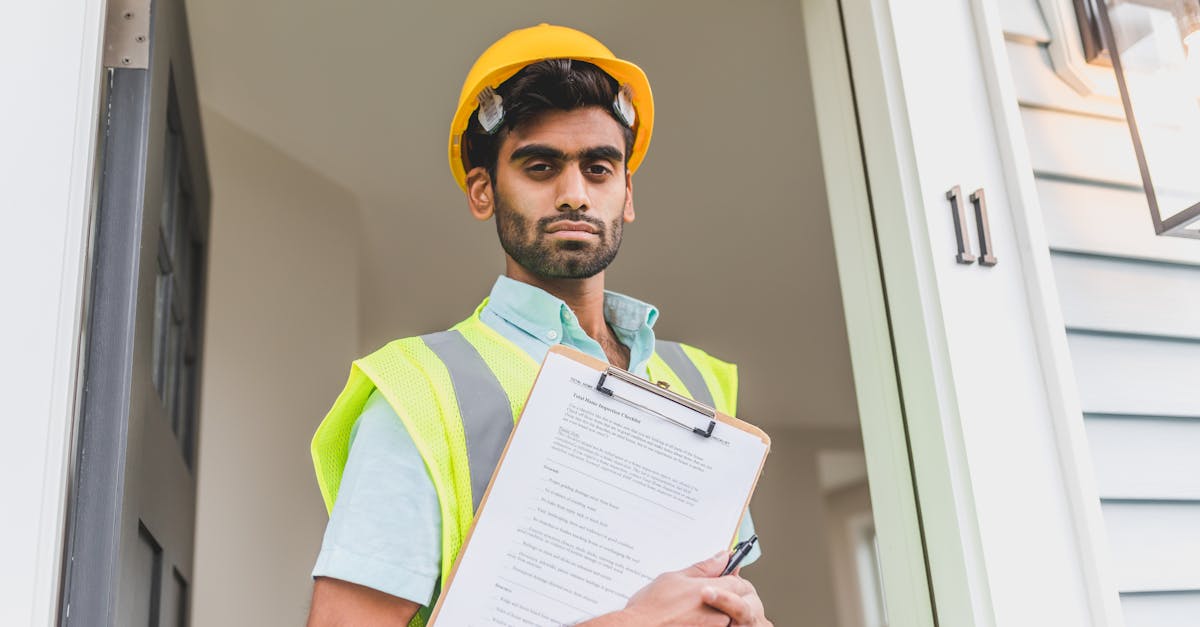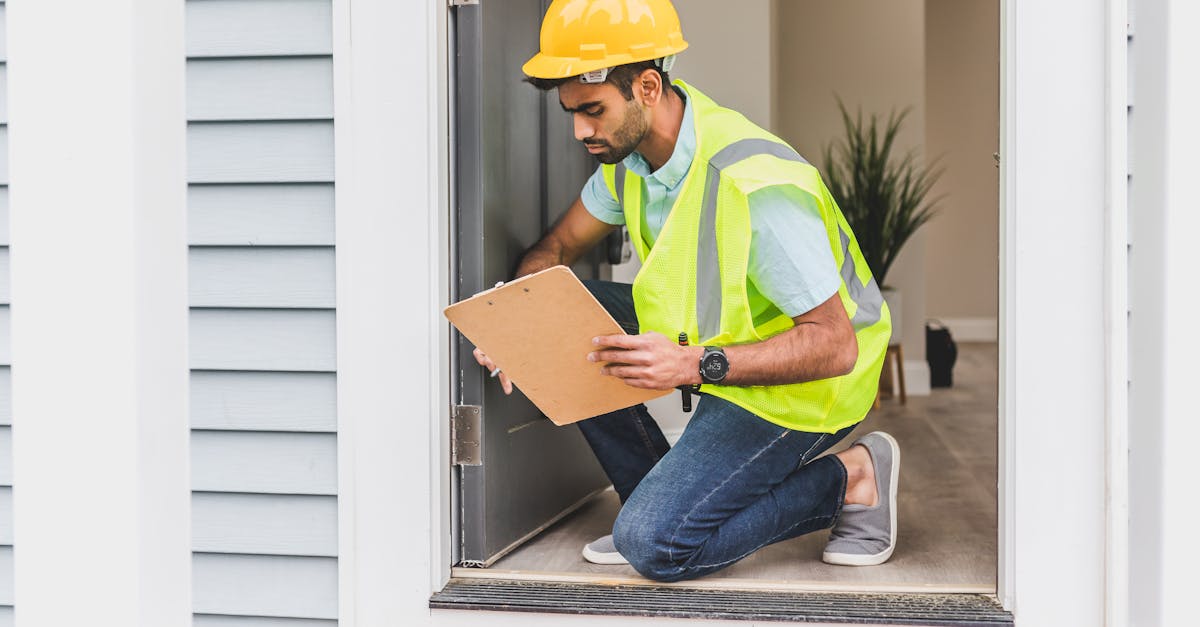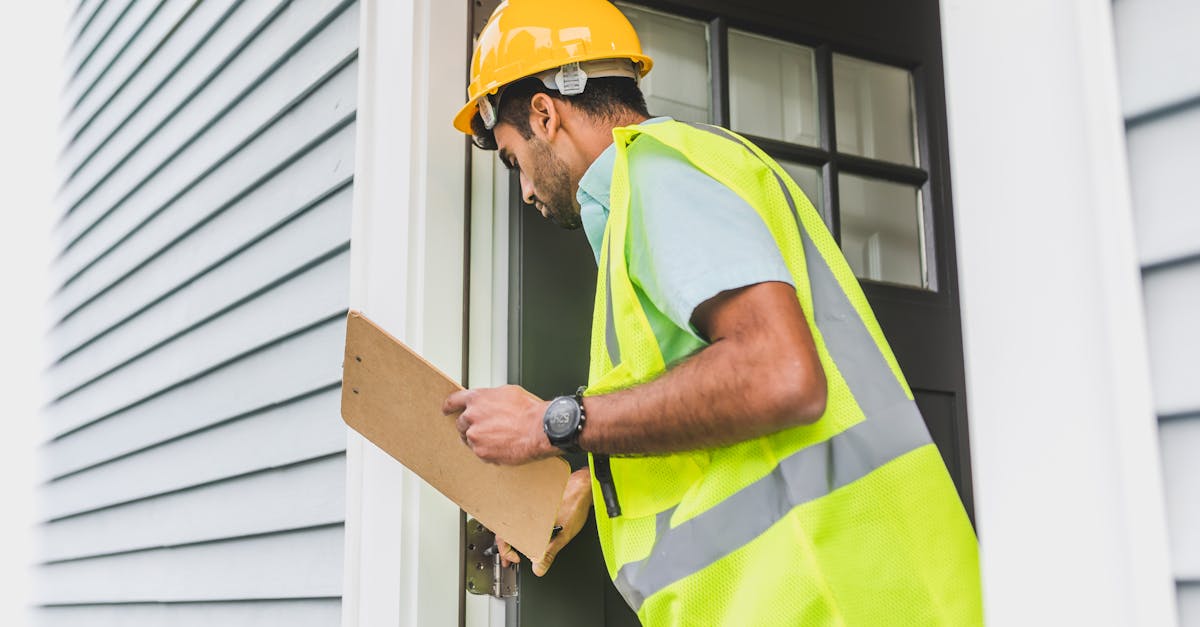
Introduction
Constructing or buying a new home is a significant investment, and ensuring everything is in order is vital. Despite their importance, home inspections are surrounded by myths that can mislead potential homeowners. This article explores and debunks common myths about home inspections to help buyers make informed decisions.
Myth 1: Newly Built Homes Do Not Need Inspections
Many believe that because a home is brand new, it automatically guarantees everything is flawless. In reality, even new homes can have construction defects or overlooked issues. Builders are human, and mistakes can occur, making a home inspection a valuable step in the process.
Myth 2: Home Inspections Are the Same as an Appraisal
It's a common misconception that an appraisal substitutes for a home inspection. While an appraisal assesses a home's market value, an inspection thoroughly examines the house's condition. These two services serve entirely different purposes, and both are crucial in the home-buying process.
Myth 3: Home Inspectors Check Everything
Some assume that a home inspection covers every conceivable part of the house. However, inspectors focus on visible and accessible areas to provide a general assessment of the home's condition. Factors like swimming pools, septic systems, and behind-walls plumbing often require specialized inspectors.
Myth 4: Sellers Are Responsible for All Repairs
Buyers might think that if an inspection report finds issues, the seller must fix them all. The responsibility of repairs is negotiable. While major defects may obligate sellers to offer remedies, minor defects can be negotiated between buyer and seller, depending on the purchase agreement.
Myth 5: A Home Inspector Will Advise on Purchasing
The role of a home inspector is to objectively report the house's condition—not to influence purchasing decisions. While they provide essential information, decisions regarding purchase terms, affordability, or potential investment are for the buyer to make, potentially with guidance from a real estate agent.
Myth 6: Any Detected Problem Is a Deal-Breaker
Some prospective buyers may panic at any defects reported during an inspection. It's important to understand that even homes in good condition may have minor issues. The key is in understanding the nature and scope of detected problems, which may not necessarily warrant withdrawing from the sale.
Myth 7: DIY Inspections Are Sufficient
Though handy homeowners may be tempted to inspect a potential property themselves, professionals bring experience, training, and specialized equipment. A certified home inspector identifies problems that an untrained eye might miss, providing peace of mind and potentially saving future repair costs.
Myth 8: Home Inspections Are Not Needed If Financing Isn't Involved
Cash buyers sometimes forego inspections, thinking it saves time and money. No matter how a purchase is financed, an inspection is essential. Without it, buyers risk costly repairs and safety hazards that could turn an affordable purchase into a financial burden.
Conclusion
In conclusion, home inspections play a critical role in real estate transactions and debunking myths is vital for informed decision-making. A thorough inspection assesses the home's true state, aiding in negotiations and ensuring peace of mind. Properly understanding what inspections involved can lead to a smoother and more secure buying experience.